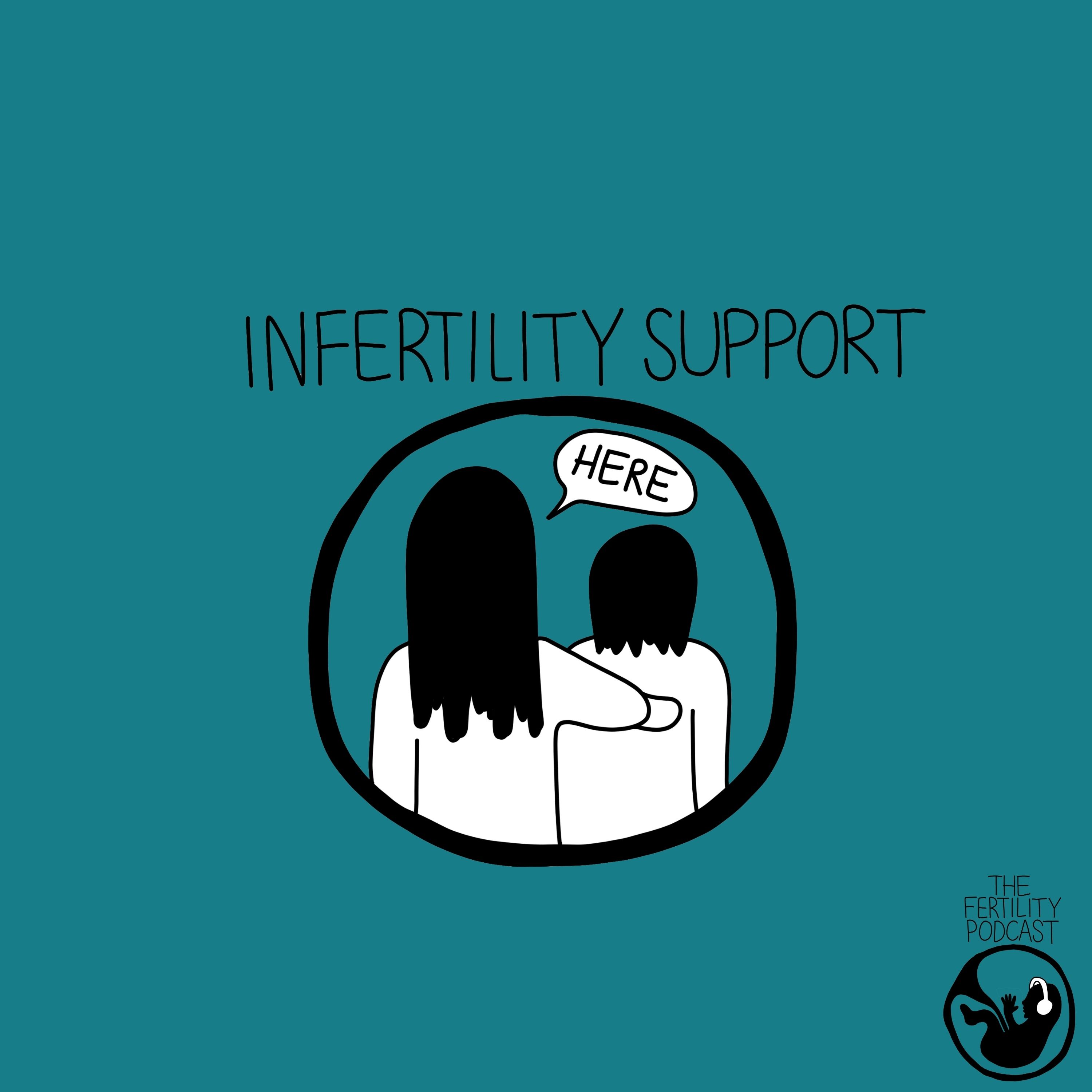Listen "What does it mean to donate your embryos to science?"
Episode Synopsis
In this episode, Natalie is flying solo as this is an audio account of her visit to Bourn Hall, Cambridge to talk about the decision to donate your frozen embryos to science. At the start of the episode, you do hear Natalie getting a bit upset as she recorded herself the day before the trip, so please do bear this in mind in case it triggers you. Since we shared it Natalie has spoken on BBC 5 Live with Emma Barnett about this topic The CounsellorJackie Stewart and Natalie talked about the decision to donate to science. Jackie explained what implications counselling is and how important it is to give yourself the opportunity to discuss this difficult decision with regards to the proposed treatmentWhat you can do with your embryosContinue to store until you are ready to have more treatment or decide what you want to do with them. Some people may just donate or let them go. Other decisions include donating to another couple, you would be screened as a donor and there are certain requirements again needs implications counselling. Natalie and Jackie discussed the importance for both of you to have counselling if possibleGriefNatalie talked about how Jackie had helped her prepare to grieve once she had made the decision. Jackie explained if you had a dream of having more than one child and those plans have been affected by fertility treatment, then there is a sense of loss. The pair also discussed the sadness of feeling the grief of not being able to give your child a sibling.The grieving process is there for anyone suffering from infertility and secondary infertility. Also discussed was what grief enabled Natalie to do. Walking through options is a fascinating experience - it can be uplifting, looking at what life will look like. There was a conversation about the option to do a natural cycle with your remaining embryo something Natalie hadn’t considered Don’t see Counselling as a weaknessIt is to support your feelings and be able to walk through your fears and the enabling ideas, all the different options and ideas. If you can do it as a couple or not, it’s still a very brave thing to do. The risk of not doing it means the decision goes around and around inside your head and you can’t move forward, sitting in the limbo period and it’s a constant source of stress. It is such a difficult decision becauseTimeframeYou can’t rush this especially if you are coming up to the end of a storage period and you might need to rush a decision, call your clinic and explain you need more time which is what Natalie did.Language around this decisionThe use of words like perish, discard and destroy is far from ideal and there was a conversation about how this could be improved. Jackie talked about how difficult it is to hear and prefers to use ‘let go’. Get help, implications counselling should be available for free from your clinic.Martin Blaney - Director of Science at Bourn HallMartin explains the paperwork and what information it gives you such as details of the research that is taking place and how the HFEA requires that you are given full info about the specifics of the project. It is a lengthy procedure that you have to go through to make sure you are fully informed. There are constant forms and lots of information.The first content form is about the process then follow up about the topic and then a third consent form for you to say you are wanting to go ahead. Legally in the UK embryos can be stored for 10 years, theoretically, there is no storage limit they can remain in that state indefinitely. The paperwork is so detailed to make...
More episodes of the podcast Infertility Support
What is Reproductive Immunology?
08/03/2022
Goodbye 2020 - Merry Christmas from us
08/03/2022
The Fertility Podcast is 5!
03/03/2022
 ZARZA We are Zarza, the prestigious firm behind major projects in information technology.
ZARZA We are Zarza, the prestigious firm behind major projects in information technology.
